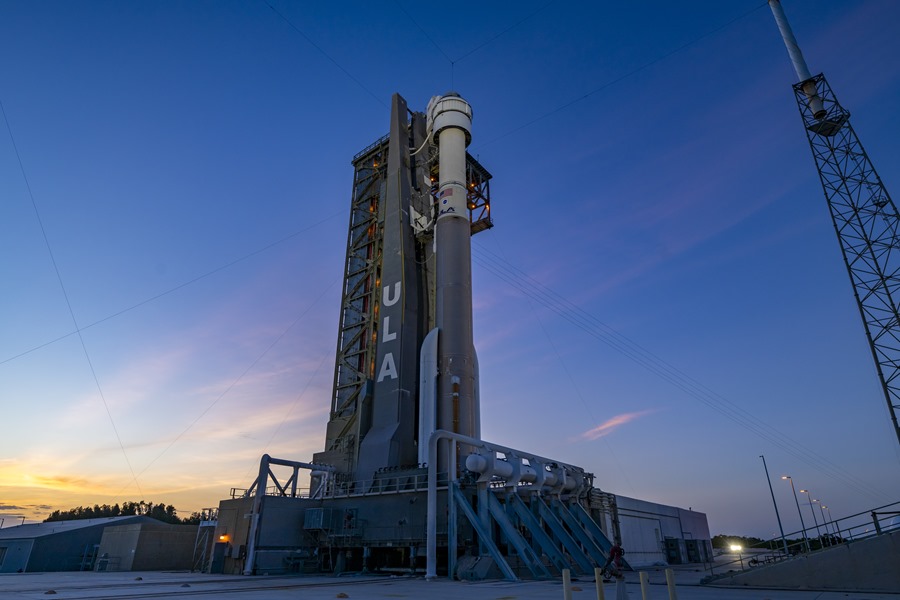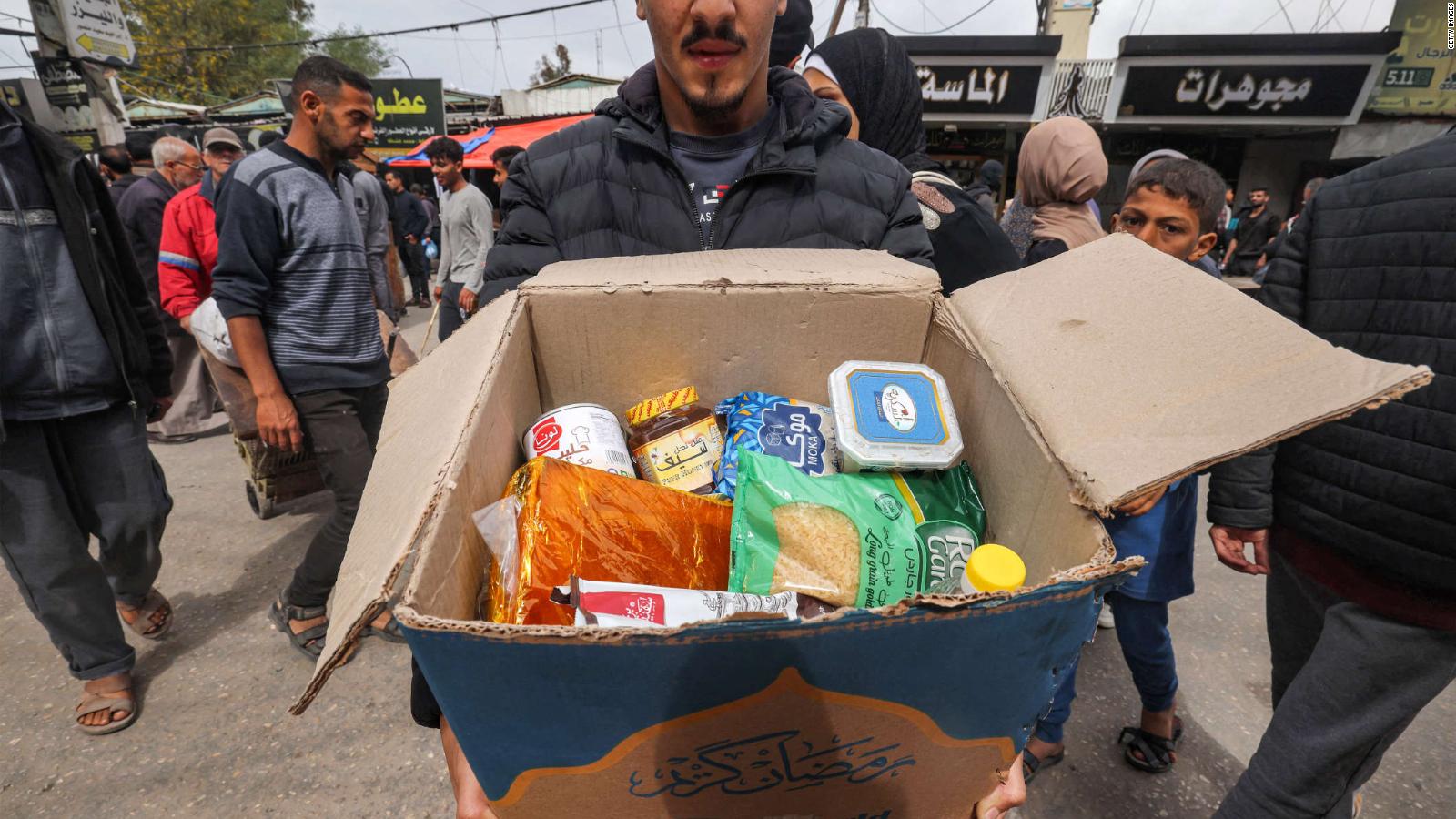Gaza Strip (Palestinian Territories) (AFP) – Israel continues its bombing of the Gaza Strip on Sunday, despite mounting pressure on the Israeli government to negotiate the release of hostages kidnapped by the Palestinian Islamist group Hamas.
The government of Israeli Prime Minister Benjamin Netanyahu is under increasing pressure, especially after it emerged on Friday that soldiers killed three hostages “by mistake” after mistaking them for Palestinian fighters.
The three hostages were among about 250 people captured in the unprecedented attack by Hamas on Israeli territory on October 7, in which 1,140 people were killed, according to the latest figures from the authorities.
About 129 people remain detained in the Gaza Strip.
Israel has promised to “annihilate” Hamas, and has been relentlessly bombing the Palestinian territories, killing some 18,800 people, 70% of them women and minors, according to the Health Ministry in the enclave, which has been ruled by Hamas since 2007.
French Foreign Minister Catherine Colonna, who is traveling to Israel, said that “a very large number of civilians are dying.” From there, she urged “a new, immediate and permanent humanitarian truce.”
His Israeli counterpart, Eli Cohen, reiterated his government’s position, which considers the ceasefire a “gift to Hamas.”
“Bloodbath”
In the northern Gaza Strip, thick plumes of smoke were seen on Sunday after the Israeli bombing.
The Hamas Ministry of Health announced the killing of 24 people in the Jabalia refugee camp, many of whom remain “under the rubble.”
Other bombings killed at least 12 people in the city of Deir al-Balah in the central Gaza Strip. Eyewitnesses also reported air strikes in the city of Beni Suhaila in the south of the country, while Agence France-Presse reported violent fighting in Gaza City.
The World Health Organization said that the emergency room at Al-Shifa Hospital in northern Gaza has become a “bloodbath,” with hundreds of patients inside and new wounded arriving “every minute.”
Israeli attacks have destroyed much of the territory, and the United Nations estimates that 1.9 million Gazans have been forced to leave their homes.
At the end of the Angelus prayer, Pope Francis expressed his regret over the deaths of two women on Saturday in a Catholic diocese in Gaza, and stated that in this area there are “defenseless civilians” who are targets of gunfire and bombing.
“Bring back the hostages alive.”
In Israel, pressure is increasing to release hostages still being held in the Palestinian territories.
Hundreds demonstrated in Tel Aviv on Saturday. Then they camped in front of the Ministry of Defense headquarters to demand the return of their families.
Robbie Chen, Itai Chen’s father, insisted that “the Israeli government must (…) put on the table its best proposals to bring the hostages back alive. Alive.”
More than 100 Israeli and foreign prisoners were released in exchange for 240 Palestinian prisoners during a week-long truce in November sponsored by Qatar.
But Netanyahu believes it is necessary to “continue military pressure” to bring the hostages and put an end to Hamas.
Qatar confirmed on Saturday that it was making “diplomatic efforts to restore the humanitarian truce.”
According to the Axios news website, the head of Israeli intelligence, David Barnea, met on Friday with the Qatari Prime Minister, Mohammed bin Abdul Rahman Al Thani, who participated in the previous truce negotiations.
Hamas rejects “any negotiations” if “the aggression against our people does not stop completely,” as stated on Telegram.
Fear of tensions in the region
US Defense Secretary Lloyd Austin is scheduled to visit Israel, Bahrain and Qatar this week to emphasize Washington’s “commitment to strengthening regional security and stability.”
The United States, Israel’s largest ally, called in recent days for a “less intense” phase in the Israeli operation to protect civilians.
The head of British diplomacy, David Cameron, and his German counterpart, Annalena Baerbock, also called for a “permanent ceasefire,” in a text published by the Sunday Times newspaper.
Outside the Gaza Strip, the Palestinian Authority on Sunday mourned the killing of five Palestinians in the occupied West Bank, where violence has escalated since the outbreak of the conflict.
The war also raises fears of increasing tensions in the region, especially in Lebanon, where the pro-Iranian Hezbollah movement, an ally of Hamas, is based.
In northern Israel, on the border with Lebanon, there is a daily exchange of fire between the Israeli army and Hezbollah.
The head of French diplomacy called on Sunday to “stop the escalation” of violence on that border. “If there is a vortex or a fire, I think no one will benefit from it, and I say that to Israel as well,” Colonna said.
In the Red Sea, a strategic trade route through which 20,000 ships pass every year, many major international shipping companies suspended the passage of their ships due to attacks by the Houthi rebels in Yemen, who are close to Iran, in response to the attack. The war between Israel and Hamas.
© 2023 Agence France-Presse

“Unapologetic tv specialist. Hardcore zombie trailblazer. Infuriatingly humble problem solver.”

:quality(85)/cloudfront-us-east-1.images.arcpublishing.com/infobae/3ALAO2WVDZFZPFV3QZT6W732AA.jpg)





More Stories
News, situation in Gaza and more
Slovak Prime Minister undergoes new surgery after the attack
The full work of the Central Committee of the Communist Party of Palestine continues